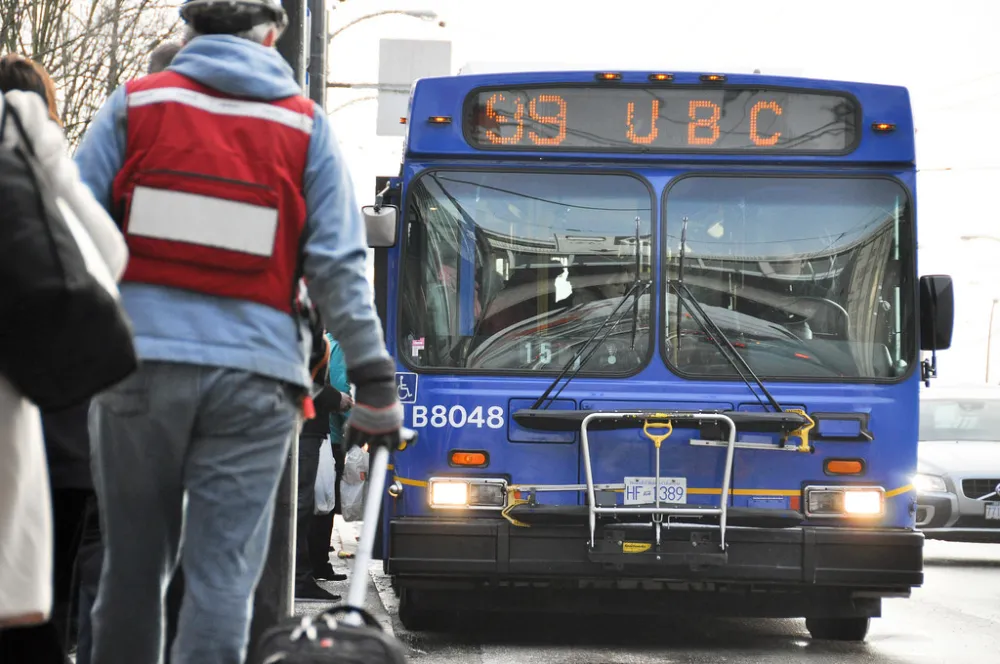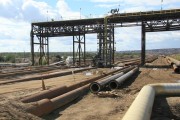The B.C. Mayors Climate Leadership Council contributed the following guest commentary.
Within the past six months, we have seen the emergence of collaborative action on climate issues: internationally with the signing of the Paris Agreement, and nationally with the provinces endorsing the Vancouver Declaration. Now it is our turn to take action in our own backyards.
More than half of British Columbia’s energy use and carbon emissions come from buildings and transportation within our urban areas. Local government policies and regulations can have significant impact in these areas, and now, with the province’s recommitment to a vital climate strategy, it is time for local and regional governments, and the communities they serve, to roll up their sleeves and pitch in.
The province’s Climate Leadership Team delivered a strong set of recommendations to the government in late 2015, highlighting the initial successes of the 2008 climate policies. However, with limited policy action since 2012, emissions have been rising again. The team’s recommendations are the best up-to-date road map we have to achieve significant greenhouse gas reductions and meet our 2050 climate action goals. Many of the team’s recommendations will require local community partnership if B.C. is to achieve its overall goal.
There are a number of complementary additions to the Climate Leadership Team’s recommendations. The most important step the province can take is a renewed plan for carbon tax increases. Starting in 2018, there should be predictable increases of up to $15 per tonne annually, for which businesses and families can plan.
Providing more efficient public transportation in our urban areas is a high priority, consistent with the team’s recommendations. The province should establish zero emission goals and regulations. Reducing emissions from transportation will require an increase in public funding for transit in our urban areas, incentives for electric vehicles and their attendant charging network, and support for municipal and commercial fleets to transition to electric or low carbon fuels.
It is imperative that the province set a clear path toward requiring super energy efficient buildings by 2030 if we are to achieve our communities’ collective emission reduction targets. This would be achieved by requiring us to track energy use by our homes and buildings (mandatory home energy labelling and benchmarking), encouraging energy conservation incentive programs funded by government and utilities, and allowing local governments to require more stringent energy efficiency in buildings than currently is required by provincial code.
B.C. can regain its position as a world leader on climate action, and the commitment to this should be an urgent priority for us all. Now is the moment to shift away from our reliance on a fossil fuel-based economy. Rather than continue to support investments that prolong our economic dependence on the export of fossil fuels and continue to feed climate change, the B.C. government should enact policies to encourage investments in renewable energy.
Municipalities and regional districts play a direct and crucial role in helping provincial and national leaders to realize their carbon emission reduction goals. A strong policy framework and continued collaboration with senior governments will help us reduce our local carbon emissions and mitigate climate change.
Richard Walton is the mayor of the District of North Vancouver and the chair of the B.C. Mayors Climate Leadership Council. The B.C. Mayors Climate Leadership Council is composed of a cross-section of local government leaders — representing Burns Lake, Castlegar, City of North Vancouver, Dawson Creek, District of North Vancouver, North Cowichan, Smithers, and Vancouver — who are committed to taking action to address climate change in our communities.
See also: B.C. Mayors Climate Leadership Council submission on Climate Leadership Plan







